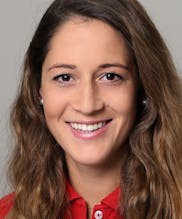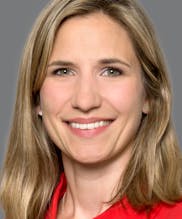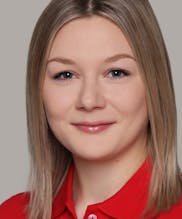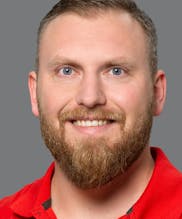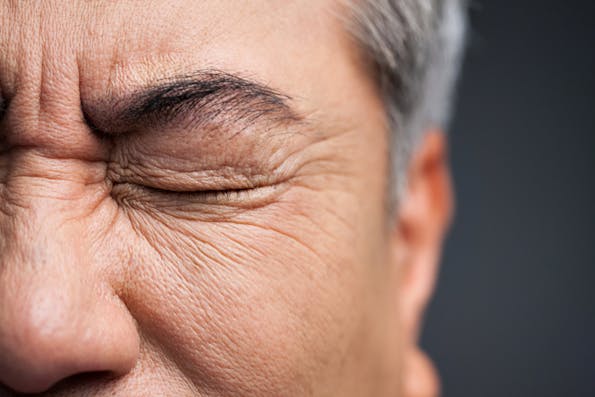
Does your jaw ever crack when you open your mouth? As long as nothing hurts, it’s no big deal. However, about eight percent of the population suffer from pain caused by faulty interaction of the jaw.
Physiotherapy methods can also be applied to the jaw muscles. As one of the few practices in the region, the PHYSIOZENTRUM specializes in the treatment of jaw complaints.
Craniomandibular Dysfunction
These include disorders caused by an operation, a fracture of the jaw or radiotherapy with subsequent limited jaw mobility. By far the most common indication in jaw physiotherapy is the so-called Craniomandibular Dysfunction (CMD). The skull (Cranio in Latin) and lower jaw (Mandibula) often do not match up perfectly with each other. Up to three quarters of all people feel and sometimes hear a sound when opening their mouth.
A CMD in the narrower sense of the word is only considered if the noise also causes patients to suffer from it and report the pain to their doctor or dentist. The complaints are mainly based ont pain in the chewing muscles, in the jaw joint or in the ears. CMD patients are also often led to believe that they suffer from migraines.
Bruxism
There are many reasons for CMD: Stress, developmental disorders of the jaws or malpositioned teeth can all have negative effects. A bad posture favours the problem (the jaw opens more smoothly with a straight back than with a curved posture). One of the main triggers is the unconscious, mostly nocturnal teeth grinding, called Bruxism in technical jargon. Here, too, one has to differentiate: occasional teeth grinding, frequently associated with childhood, is not harmful.
If, however, the teeth are pressed together again and again and over longer periods of time with full force, it becomes unhealthy: The teeth wear out, the periodontium, the chewing muscles, the jaw joint can all become damaged. Muscles used to stabilize the head can also be affected. Stress is the most important trigger for bruxism. In addition, nocturnal teeth grinding is often accompanied by sleep disorders (snoring, sleep apnea) and may stem from alcohol, caffeine, nicotine or medication intake.
Prescription from the dentist
Dentists are also entitled to prescribe physiotherapy. It is important that the indication is correctly stated on the prescription (e.g. “CMD” or “Bruxism”). If you have any questions, do not hesitate to contact us.
